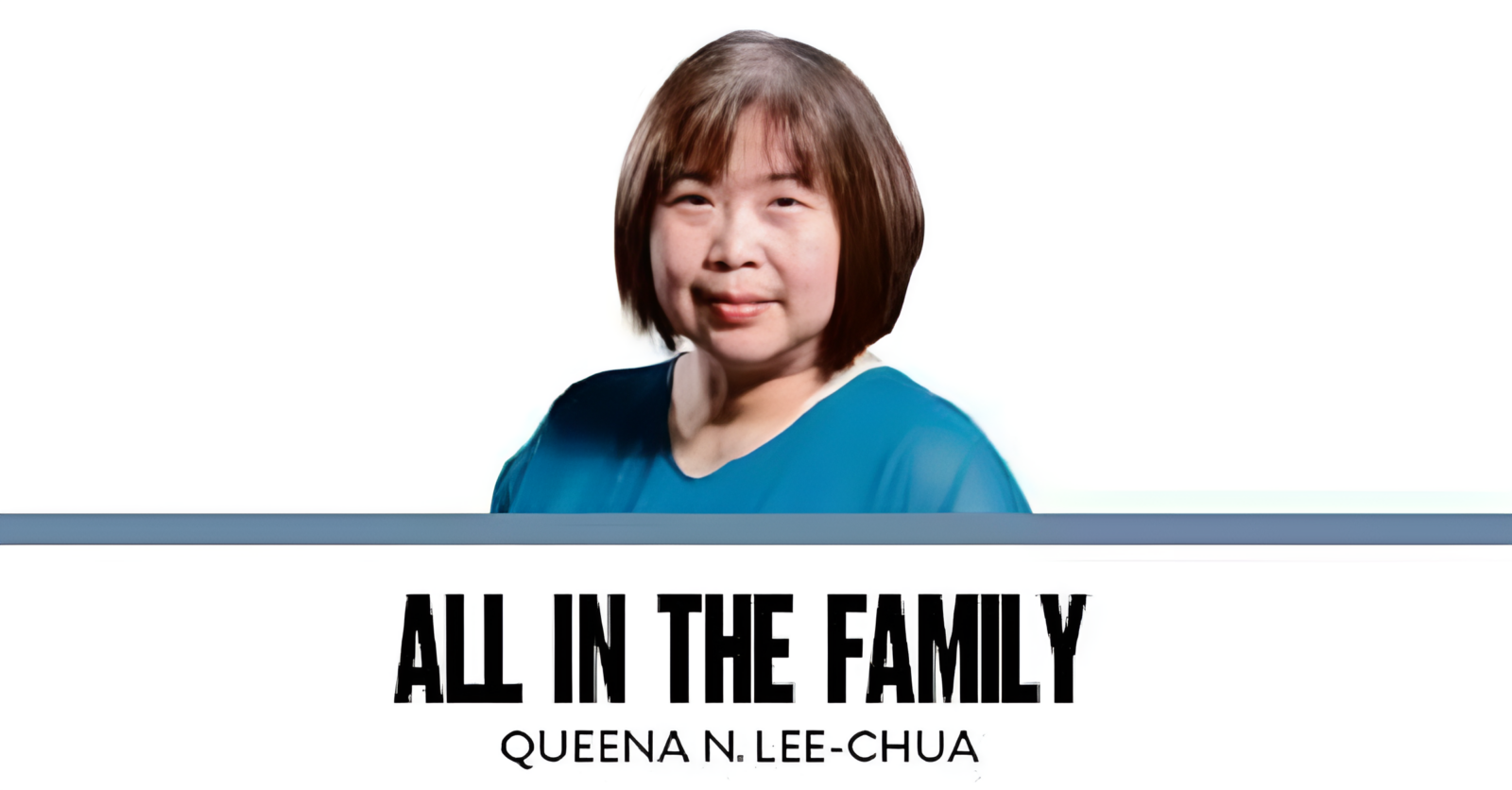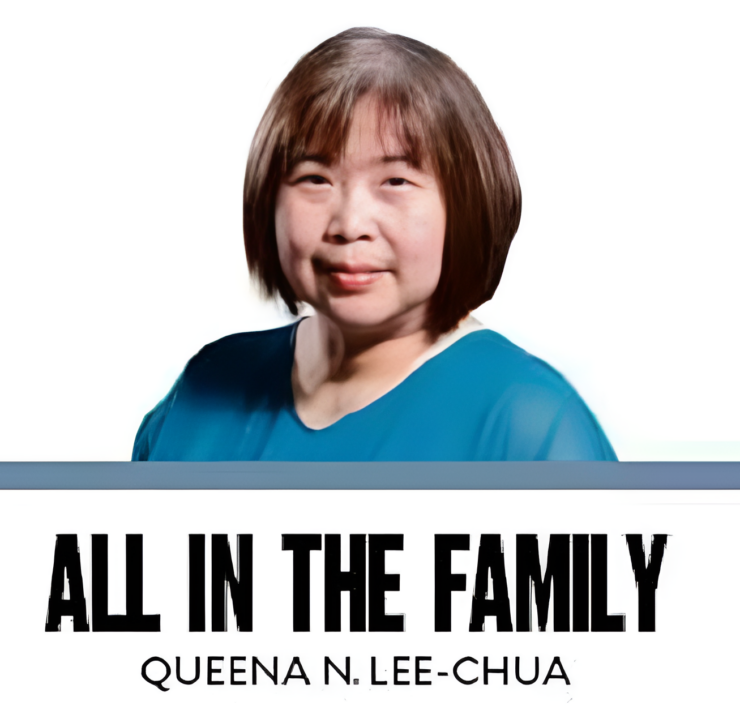Pope Leo on AI

(First of two parts)
As we enter the season of Advent—the first under our new pope, Pope Leo XIV—let us take a moment to reflect on the recent teachings of the Church regarding the world today.
When a cardinal is elected pope, he chooses a papal name that signals his mission. That name hints at the direction he intends to lead the Catholic Church, as well as the issues he believes the institution must confront.
In this case, Robert Francis Prevost, with American and Peruvian heritage, chose the name Leo, last held by Pope Leo XIII.
During his pontificate at the turn of the 20th century, Leo XIII championed the rights of workers at a time when the industrial revolution had produced what he described as “dehumanizing living conditions for the worker.”
It was Leo XIII who issued the encyclical “Rerum Novarum,” or “Rights and Duties of Capital and Labor,” which sought a middle path between socialism and capitalism. Through this landmark document, he placed the weight of the Catholic Church behind the right to a living wage—one that allows workers to improve their conditions over time. He affirmed both workers’ rights to form unions and capitalists’ rights to private property.
The influence of Rerum Novarum was far-reaching. My friend, the literary critic Jonathan Chua, notes that “before World War II, social action at the Ateneo de Manila drew on two papal encyclicals: Pope Leo’s Rerum Novarum (1891) and Pope Pius’ Quadragesimo Anno (1931).” The latter served as an extension and reaffirmation of Leo XIII’s teachings amid a changing political landscape.
By choosing the name Leo, Prevost signals that he understands both his role and that of the Church as guiding the faithful through another era of transformative technological change.
In his first address to the College of Cardinals after his election in May, Pope Leo said, “In our own day, the church offers to everyone the treasury of her social teaching in response to another industrial revolution and to developments in the field of artificial intelligence (AI) that pose new challenges for the defense of human dignity, justice and labor.”
True to this mission, Pope Leo has repeatedly reflected on AI across a range of settings. “There is no doubt that technological development has brought, and continues to bring, significant benefits to humanity, particularly in the fields of medicine and health,” he said to an audience of doctors and bioethicists at the 2025 Congress of the Pontifical Academy for Life.
“[But] in order to ensure true progress, it is imperative that human dignity and the common good remain resolute priorities for all, both individuals and public entities. Given the vast economic interests often at stake in the fields of medicine and technology, and the subsequent fight for control, it is essential to promote a broad collaboration among all those working in health care and politics that extends well beyond national borders.”
He also spoke with American high school students at the National Catholic Youth Conference. In response to a question from a student about how best to use ChatGPT, the Pope responded: “Use it in such a way that if it disappeared tomorrow, you would still know how to create, how to act on your own, how to form authentic friendships. Remember, AI can never replace the unique gift that you are to the world.
“AI will not judge between what is truly right and wrong. And it won’t stand in wonder, in authentic wonder, before the beauty, the beauty of God’s creation. So be prudent. Be wise. Be careful that your use of AI does not limit your true human growth.
“Using AI responsibly means using it in ways that help you grow, never in ways that distract you from your dignity or your call to holiness. AI can process information quickly, but it cannot replace human intelligence—and don’t ask it to do your homework for you!”
These are words we can convey to our students, our children, and can take to heart ourselves.
(To be continued)
Queena N. Lee-Chua is on the board of directors of Ateneo’s Family Business Center. Get her print book “All in the Family Business” at Lazada or Shopee, or e-book at Amazon, Google Play, Apple iBooks. Contact the author at blessbook.chua@gmail.com.


















